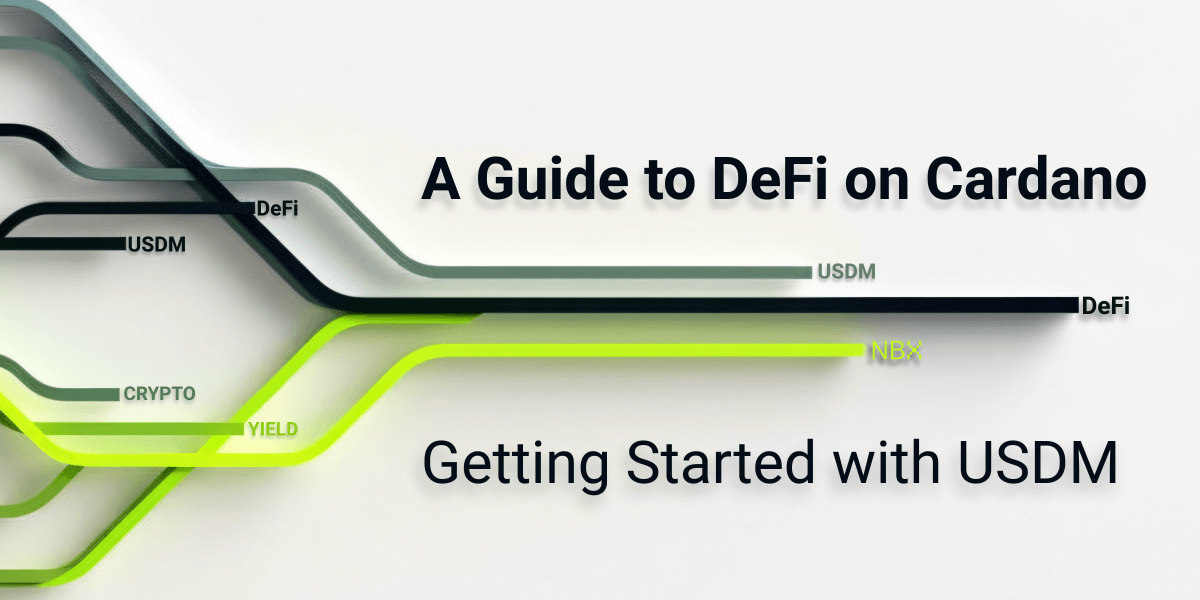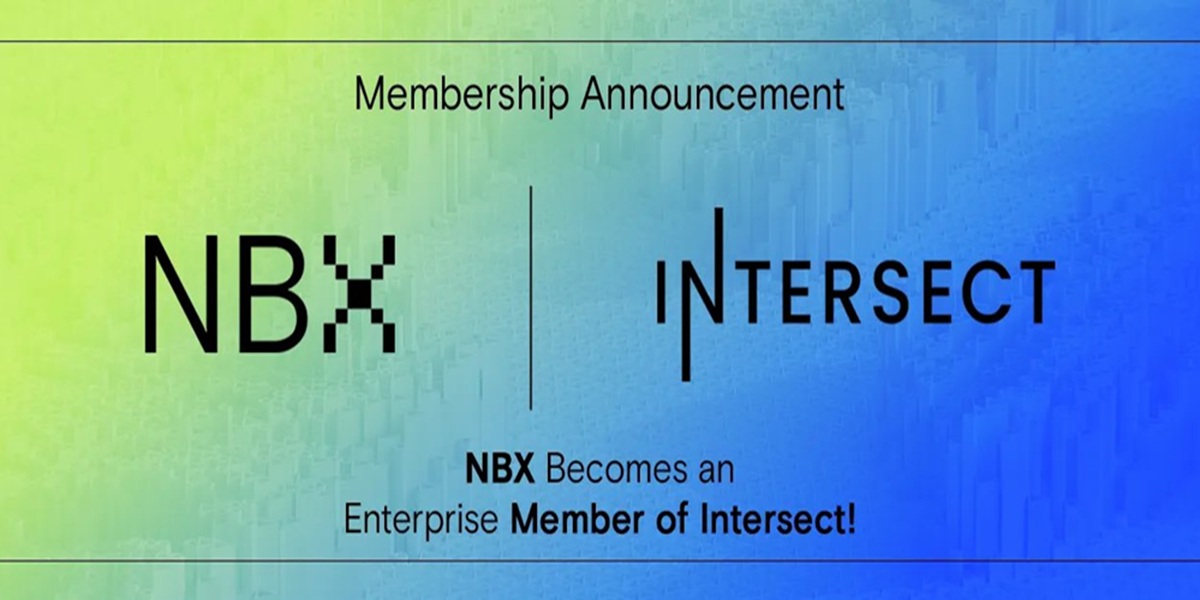A smart contract is a self-executing computer program that automatically enforces the terms of an agreement between two or more parties. It is a piece of code that is stored on a blockchain network, such as Ethereum and is executed when certain conditions are met.
Smart contracts are designed to replace traditional contracts that rely on legal enforcement and intermediaries to ensure compliance. With a smart contract, the terms of the agreement are encoded into the code, and the execution of the contract is automated, eliminating the need for intermediaries.
Smart contracts can be used to automate a wide range of transactions, including financial transactions, supply chain management, real estate transactions, and more. For example, a smart contract can be used to automatically transfer funds from one party to another when certain conditions are met, such as the completion of a project or the delivery of goods.
Smart contracts have several benefits over traditional contracts, including increased efficiency, transparency, and security. Since the terms of the agreement are encoded into the code, there is no room for interpretation or disputes, and the execution of the contract is automated, reducing the need for intermediaries and increasing the speed of transactions.
Overall, smart contracts have the potential to revolutionize the way agreements are made and executed, making transactions more efficient, secure, and transparent.
The article does not constitute financial advice.


